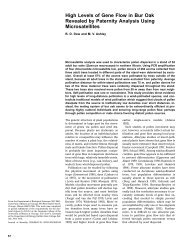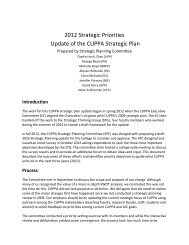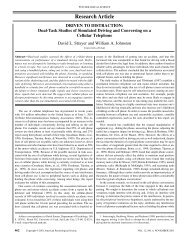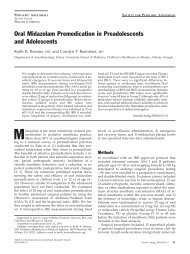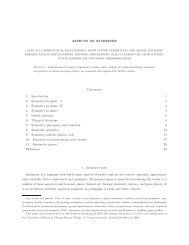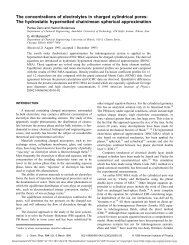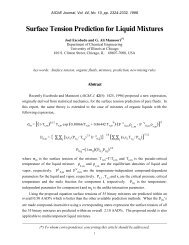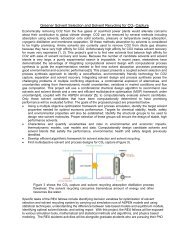Repeating Lenin by Slavoj Zizek
Repeating Lenin by Slavoj Zizek
Repeating Lenin by Slavoj Zizek
Create successful ePaper yourself
Turn your PDF publications into a flip-book with our unique Google optimized e-Paper software.
<strong>Repeating</strong> <strong>Lenin</strong> <strong>by</strong> <strong>Slavoj</strong> <strong>Zizek</strong><br />
9/20/11 2:53 PM<br />
rights, sexism, homophobia, antifeminism, the growing violence not only in the far-away<br />
countries, but also in our megalopolises, the gap between the First and the Third World, between<br />
the rich and the poor, the shattering impact of the digitalization of our daily lives... there is<br />
nothing easier today than to get international, state or corporate funds for a multidisciplinary<br />
research into how to fight the new forms of ethnic, religious or sexist violence. The problem is<br />
that all this occurs against the background of a fundamental Denkverbot, the prohibition to<br />
think. Today’s liberal-democratic hegemony is sustained <strong>by</strong> a kind of unwritten Denkverbot<br />
similar to the infamous Berufsverbot in Germany of the late 60s — the moment one shows a<br />
minimal sign of engaging in political projects that aim to seriously challenge the existing order,<br />
the answer is immediately: “Benevolent as it is, this will necessarily end in a new Gulag!” The<br />
ideological function of the constant reference to the holocaust, gulag and the more recent Third<br />
World catastrophes is thus to serve as the support of this Denkverbot <strong>by</strong> constantly reminding us<br />
how things may have been much worse: “Just look around and see for yourself what will happen<br />
if we follow your radical notions!” And it is exactly the same thing that the demand for<br />
“scientific objectivity” means: the moment one seriously questions the existing liberal<br />
consensus, one is accused of abandoning scientific objectivity for the outdated ideological<br />
positions. This is the point on which one cannot and should not concede: today, the actual<br />
freedom of thought means the freedom to question the predominant liberal-democratic “postideological”<br />
consensus — or it means nothing.<br />
Habermas designated the present era as that of the neue Undurchsichtlichkeit — the new<br />
opacity.1 More than ever, our daily experience is mystifying: modernization generates new<br />
obscurantisms, the reduction of freedom is presented to us as the arrival of new freedoms. In<br />
these circumstances, one should be especially careful not to confuse the ruling ideology with<br />
ideology which SEEMS to dominate. More then ever, one should bear in mind Walter<br />
Benjamin’s reminder that it is not enough to ask how a certain theory (or art) declares itself to<br />
stay with regard to social struggles — one should also ask how it effectively functions IN these<br />
very struggles. In sex, the effectively hegemonic attitude is not patriarchal repression, but free<br />
promiscuity; in art, provocations in the style of the notorious “Sensation” exhibitions ARE the<br />
norm, the example of the art fully integrated into the establishment.<br />
One is therefore tempted to turn around Marx’s thesis 11: the first task today is precisely<br />
NOT to succumb to the temptation to act, to directly intervene and change things (which then<br />
inevitably ends in a cul de sac of debilitating impossibility: “what can one do against the global<br />
capital?”), but to question the hegemonic ideological coordinates. If, today, one follows a direct<br />
call to act, this act will not be performed in an empty space — it will be an act WITHIN the<br />
http://www.marxists.org/reference/subject/philosophy/works/ot/zizek1.htm<br />
Page 2 of 57



